HumanRights
Latest
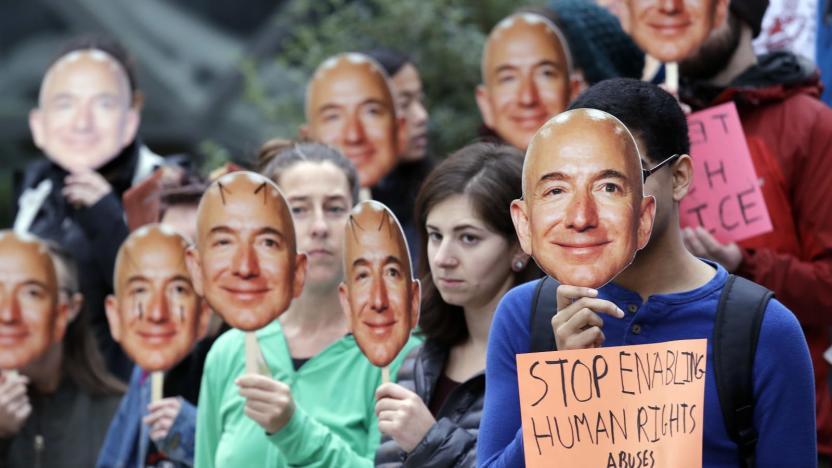
Amazon shareholders will vote to ban facial recognition tech
Amazon shareholders will vote to ban the company's controversial facial recognition technology next week in a key symbolic process. Amazon set the vote date, May 22nd, after the US Securities and Exchange Commission (SEC) rejected the company's request to have the motion squashed. A group of shareholders, led by nonprofit Open MIC, asked Amazon's board to stop selling the deep learning tools until a third party can confirm "it does not cause or contribute to actual or potential violations of human rights."
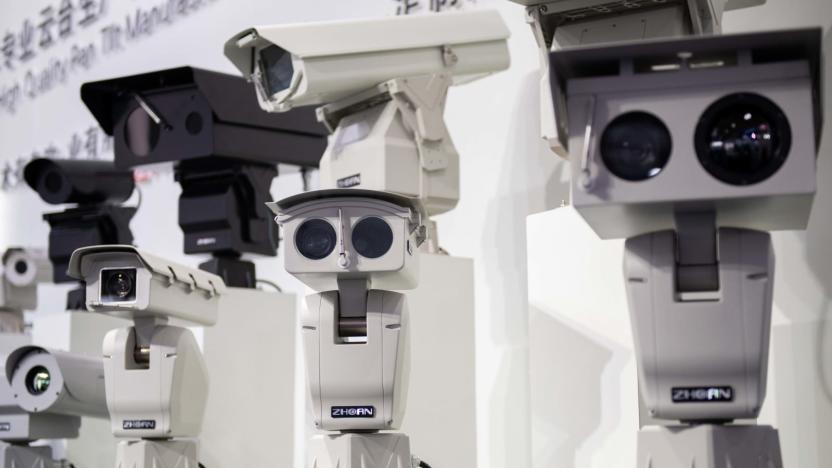
Shareholders ask Amazon to halt sales of facial recognition tech
A group of Amazon shareholders has filed a resolution requesting the company stop selling its facial recognition technology to government agencies until a review can determine whether it has the potential to violate civil rights. Organized by the non-profit Open MIC and filed by the Sisters of St. Joseph of Brentwood, the resolution is supported by a total of five shareholder groups that hold $1.32 billion of Amazon shares.

Google employees plan walkout over censored Chinese search engine
Just weeks after Google employees walked out of offices to protest the way the company dealt with claims of sexual misconduct, Google is bracing itself for another worldwide protest. This time, it's over Google's ominous Project Dragonfly, and human rights organization Amnesty International is throwing its whole weight behind it.

Microsoft’s AI tech will aid humanitarian efforts
Microsoft is offering up its AI technology to those working on humanitarian efforts around the world. Over the next five years, its AI for Humanitarian Action program will put $40 million towards initiatives focused on four priorities -- disaster response, needs of children, refugees and displaced people and human rights. "We believe that technology, like artificial intelligence combined with cloud technology, can be a game changer, helping save more lives, alleviate suffering and restore human dignity by changing the way frontline relief organizations anticipate, predict and better target response efforts," Microsoft President Brad Smith said in a blog post.
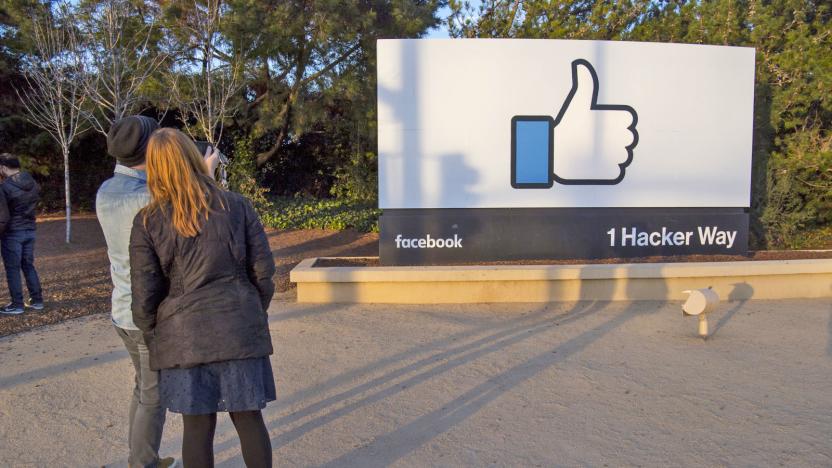
Facebook is hiring a human rights policy director
Facebook has faced criticism for its slow response to the Myanmar government's use of its social network to fuel atrocities, and it's determined to prevent that from happening again. The company is hiring a Director of Human Rights Policy who will develop approaches that foster human rights and peace while simultaneously cracking down on those who "enable harm, stifle expression, and undermine human rights." This leader would steer investigations into human rights abusers and work with both government and corporate partners.

Facebook bans Myanmar military officials following damning UN report
Facebook is taking action to halt the spread of hate speech and misinformation in Myanmar, banning Senior General Min Aung Hlaing, the Myawady military TV network and other people and groups. It said that international experts, working with the UN Human Rights Council, "found evidence that many of these individuals and organizations committed or enabled serious human rights abuses in the country." In total, it removed 18 Facebook accounts, 52 pages and one Instagram account.

Apple iCloud data in China is being stored by a state-run telco
Six months ago Apple caused controversy by moving Chinese users' iCloud keys out of the US and into China, in order to comply with Chinese law. Now, that data, which includes emails, text messages and pictures, is being looked after by government-owned mobile operator China Telecom. And users and human rights activists alike have big concerns.
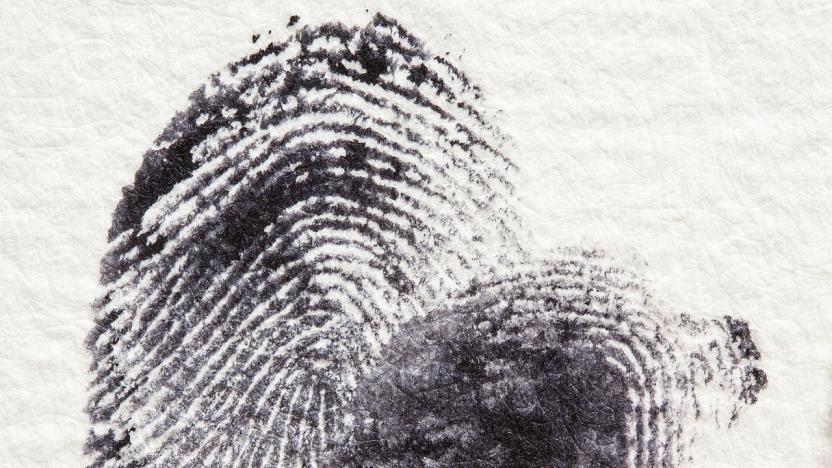
China accused of 'unjustifiable' DNA sample collection
China has been quietly collecting biometric data from millions of people in Xinjiang, according to a new report from Human Rights Watch (HRW). Since February, authorities have been gathering DNA samples, fingerprints and eye scans of those in the region, which apart from Tibet is the only region where ethnic Han Chinese are not in the majority. The government imposes tighter surveillance controls here than anywhere else in the country.
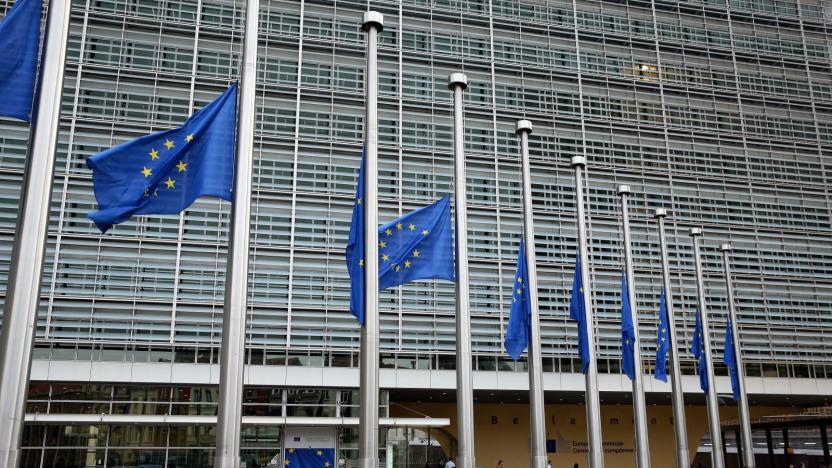
Digital rights groups speak out against EU plan to scan online content
For the past few years, the European Union has been developing reforms that would turn Europe into a Digital Single Market. Under such a structure, anyone in Europe would be able to buy goods and services online from any of the EU member states, not just where they currently happen to be, and services like Netflix would be the same in each country, though that piece would be quite a bit harder to implement. However, there's another part of this conversation that has drawn a fair amount of backlash and this week led major rights groups to pen an opposition letter to the EU.

India’s privacy ruling could disrupt its biometric society
A landmark judgement has ruled that Indian citizens have a fundamental right to privacy, despite the country's vast biometric identification scheme. In a case bought forward by opponents of the government's Aadhaar biometric program, Chief Justice J.S Khehar said privacy was "protected as an intrinsic part of Article 21 that protects life and liberty". The unanimous verdict from the nine-judge bench overturns two previous rulings by the Supreme Court which said privacy was not a fundamental right.

The Engadget Podcast Ep 36: Bad and Boujee
On this episode of the Engadget Podcast senior editor Cherlynn Low and executive editor Dana Wollman join host Terrence O'Brien to talk about some recent examples of bad corporate behavior. First the trio look the most recent developments at Uber, where days without controversy are increasingly rare. After that, they turn their attention to another perennial punching bag (and soon to be newest member of the Verizon family) Yahoo. The company's troubles aren't new. In fact the panel will be discussing just the latest fallout from a scandal surrounding political prisoners in China that dates back to 2007. Finally, on the Wind Down, Cherlynn reveals that gratuitous nudity isn't what makes an HBO show and Terrence wholeheartedly endorses the chaotic and experimental "pop." Then Dana offers her review of 1986's Little Shop of Horrors.

Tech workers unite against a potential US Muslim registry
Employees from large organizations across the technology industry have pledged to never help build a government database targeting individuals by race, religion or national origin, in response to extreme immigration proposals from US President-elect Donald Trump. The signatories come from companies including Google, IBM, Twitter, Mozilla and NVIDIA, though they don't represent the organizations themselves.
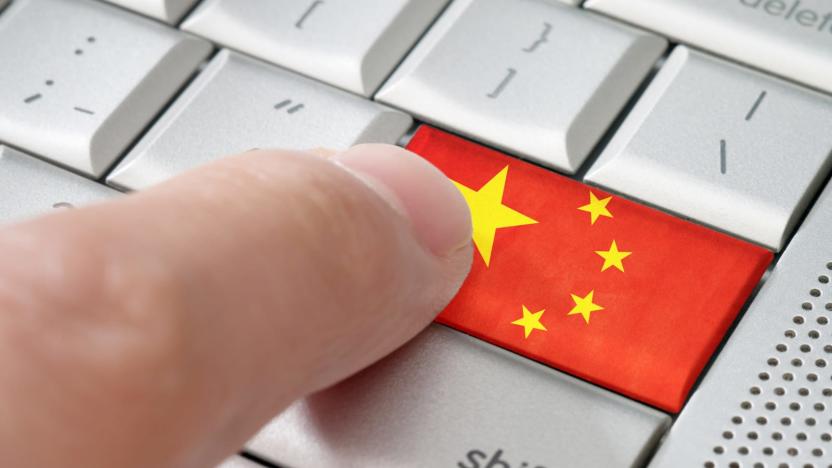
China's new cybersecurity laws are a nightmare
Privacy fans will be delighted to hear that China has passed new cybersecurity regulations that mandate the use of real names. In addition, companies who operate in the country will be forced to store their data locally, making it fair game for surveillance. Finally, businesses will be pressured into censoring content that is "prohibited," like posts promoting democracy. If that wasn't bad enough, China also requires the right to shut down products and services -- at will -- to respond to security incidents.

Turkey shuts off internet service in 11 Kurdish cities
The Turkish government has cut off mobile and landline internet access to 11 cities in the country's southeast, a region that is predominantly Kurdish, Turkey Blocks reports. Kurds are the largest ethnic minority in Turkey, composing roughly 20 percent of the population, and the country has a history of committing human rights abuses against this population. The latest internet shutdown is now in its second day, and it comes amid protests over the detention of Gültan Kışanak and Fırat Anlı, the mayor and co-mayor of Diyarbakir. The two are being held on terrorism charges.

UN rights council condemns the disruption of internet access
The United Nations Human Rights Council has had enough of state-sponsored attempts to restrict internet access and punish people who use the internet as a space for free expression. The council on Friday passed a resolution that reaffirms and expands its previous stances upholding internet rights across the globe, noting, "The same rights that people have offline must also be protected online, in particular freedom of expression." Today's resolution is non-binding, but it can be used as support in future cases of online human-rights violations.

Panasonic pushes same-sex equality in Japan
Panasonic has revealed that it will recognize its employees' same-sex relationships from the start of April. The announcement was timed to coincide with the news that a third Japanese municipality will do the same -- it's the first area outside of Tokyo. You may be wondering why Panasonic's decision is newsworthy, but it's a groundbreaking move in Japan's socially conservative society. The firm is a large and respected player in the business community, and its decision could cause other tech outfits to follow suit.

The human cost of global spyware sales
This year a number of major news stories released information on world governments buying, selling and using surveillance technologies on their citizens. These stories, reports -- and in some cases, hacktivist breaches and data dumps -- have served to verify the acquisition and use of spyware on citizens by dozens of diverse governments around the globe. We sought to answer one question: Why is this a problem, exactly?

The UK admits to spying on Amnesty International
In June, the Investigatory Powers Tribunal (IPT) ruled that the UK government had illegally spied on two international civil rights groups: the Egyptian Initiative for Personal Rights (EIPR) and the Legal Resources Centre in South Africa. But there was a mix up -- the IPT has now admitted it was Amnesty International, not EIPR, that was subjected to unlawful surveillance. The human rights group was notified via email and has branded the interceptions as outrageous. "How can we be expected to carry out our crucial work around the world if human rights defenders and victims of abuses can now credibly believe their confidential correspondence with us is likely to end up in the hands of the governments?" Salil Shetty, secretary general for Amnesty International said.

Apple's Tim Cook calls state discrimination laws 'dangerous'
A number of tech executives have decried state laws that promote discrimination against the LGBT community by allowing companies to refuse service on religious grounds, but Apple CEO Tim Cook is taking his opposition to the next level. The executive has written an editorial for the Washington Post that says it's "dangerous" to enact these laws, which include Indiana's Religious Freedom Restoration Act and Arkansas' tentative HB1228. To him, these measures not only "rationalize injustice" against fellow human beings (including himself), but are "bad for business" -- they could stifle employment and corporate growth.

Watchdog says spyware violates human rights guidelines
If you think that commercial software designed to spy on computers is problematic, you're not alone. The Organization for Economic Cooperation and Development's UK contact has determined that Gamma International's approach to selling its FinFisher spyware violates human rights guidelines. The developer not only doesn't have a human rights policy, but doesn't investigate clients for the possibility of abuse -- there's little stopping it from selling FinFisher to an oppressive government. The contact couldn't confirm that Gamma sold its software to Bahrain, which used the surveillance tool to target the political activists who prompted the investigation (shown here). However, the OECD isn't shy about pressing for change. It wants Gamma to take evidence of abuse and government advice into account whenever it sells software, and to cooperate when there are signs that someone is using FinFisher for nefarious purposes.








